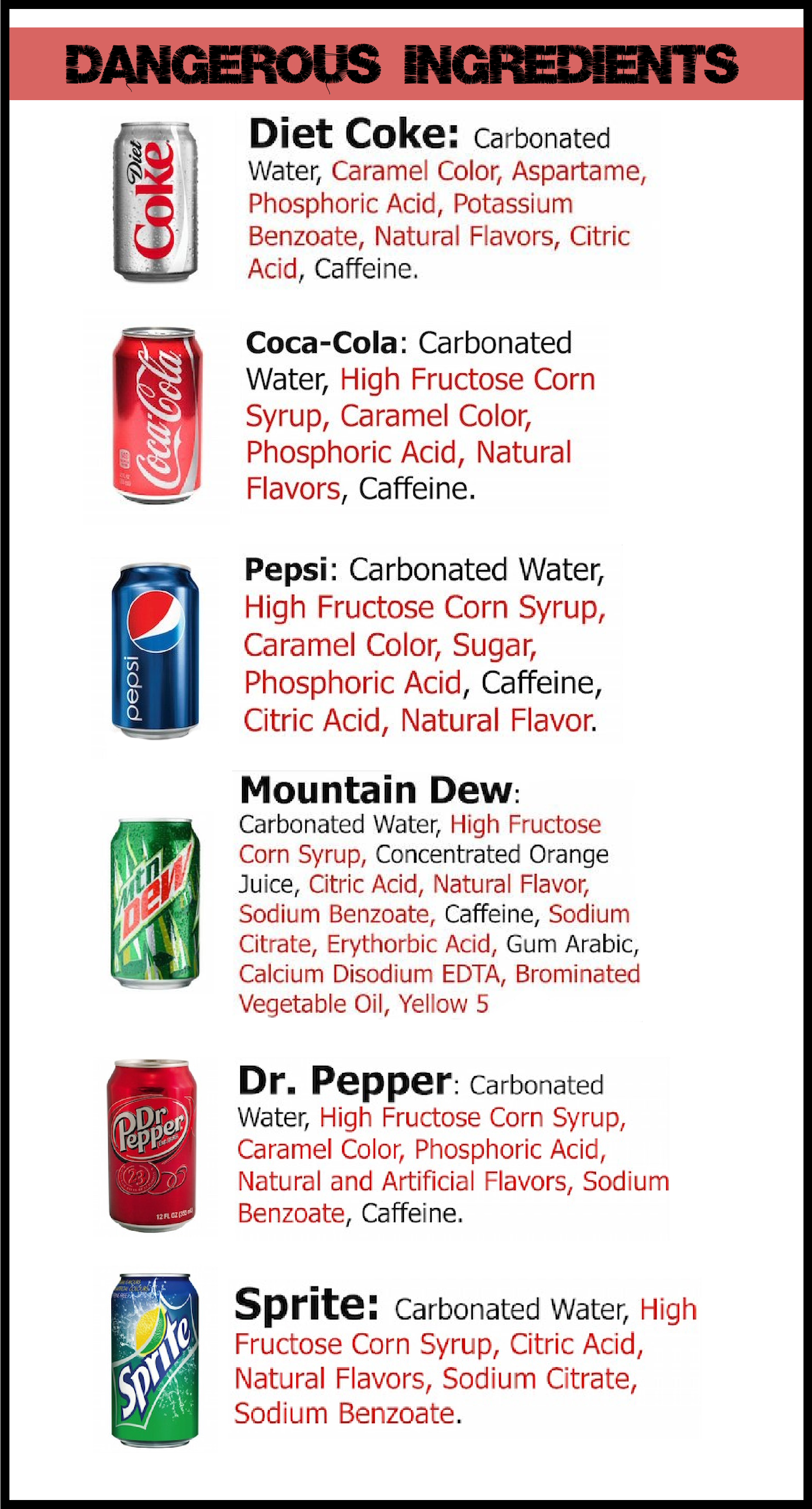Nutritional therapy is critical for successful treatment of alcoholism, or overindulging. The recovering alcoholic must receive vitamin and mineral supplementation in order to repair the cellular damage caused by drinking. Proteins, vitamins, minerals and amino acids given in the correct amounts and portions are critical for cells to generate new cells, repair injured cells and strengthen their defenses against disease.
The gut is 80% of the immune system so it is always important to start healing the mucosal lining for the gut tube starting in the mouth and going all the way down to the rectum. This is a must in order to get nutrients absorbed and delivered to a cellular level. The gut also has important neurotransmitters such as serotonin and dopamine both of these neurotransmitters are also found in the brain and when out of balance create the addictive desires.
Traditional treatment could be more successful if it was implemented with a holistic alternative alcoholism treatment approach to addiction. Addressing issues such as malabsorption, hypoglycemia, food allergies and nutritional deficiencies. We must also balance serotonin and dopamine.
Chronic drinking is just like eating excessive sugar, it contributes to the development of hypoglycemia. Hypoglycemia is low blood sugar levels in the body and can cause irritability, depression, aggressiveness, insomnia, fatigue, restlessness, confusion, a desire to drink and nervousness, many of the same symptoms of an alcoholic. When the alcoholic gets sober the symptoms listed above continue to plaque them and if hypoglycemia is not addressed these symptoms leave the individual at high risk for relapsing in order to temporarily relieve these symptoms. This is an extremely important component in any alternative alcoholism treatment and it alone will provide the alcoholic with immense relief and higher success rates.
Have you ever wondered why you feel the way you do after drinking alcohol? The effects alcohol has on your health starts with how it is metabolized. Once alcohol is in your system, your body makes metabolizing it a priority. That means that it will stop metabolizing anything else in order to first get the alcohol metabolized. The reason for this is because unlike protein, carbohydrates and fat there is nowhere for the alcohol to be stored in our body so it has to be metabolized.
The liver is the primary site for alcohol metabolism. Alcohol is detoxified and removed from the blood through a process called oxidation. Oxidation prevents the alcohol from accumulating and destroying cells and organs.
Heart disease is common; there are many links to diet and lifestyle for causes and treatments for this disease. Alcohol has been promoted on both sides however, research is clear that heavy, long term drinking damages your heart by weakening your heart muscle and causing a condition known as alcoholic cardiomyopathy. What many do not realize is that drinking a large amount when you are not used to drinking can be just as dangerous.
When alcohol replaces food, there can be numerous deficiencies caused by the lack of an adequate intake of nutrients and also an inability for proper absorption. Nutritional deficiencies are common among alcoholics, but they can also be found in people who consume alcohol on a regular basis. The following are few common deficiencies brought on by alcohol consumption.
- Folate – Helps produce and maintain new cells. Alcohol interferes with dietary folate intake, folate absorption, transport of folate to necessary tissues and the storage and release of folate by the liver.
- Vitamin B12– is needed to help make DNA and to maintain healthy nerve cells and red blood cells. Studies shows that moderate and heavy alcohol consumption will affect vitamin B12 levels. One study showed 5% decrease in mean serum vitamin B12 concentrations when consumption of alcohol increased from 0 to 30 grams a day.
- Vitamin A- is needed for vision, to regulate the immune system, for bone growth, reproduction, cell division and differentiation. Alcohol has been found to promote a deficiency of vitamin A and also enhance its toxicity when taken in excessive amounts.
- Calcium- is needed for blood vessel and muscle contraction and expansion, for the secretion of hormones and enzymes and for the transmission of messages through the nervous system. Alcohol consumption can cause a loss of calcium in the body by increasing urinary calcium excretion. Calcium deficiency can also lead to osteoporosis.
Numerous other deficiencies will occur when alcohol replaces nutrients in a balanced diet. The damage to the liver and other organs brought on by chronic, excessive alcohol consumption will cause severe problems that can lead to vitamin and mineral deficiencies. The long term consequences of these deficiencies far outweigh the small about of health benefits that have been associated with moderate alcohol consumption.
Forum Health Clarkston
248-625-5143
References: Under The Influence, James R Milam Ph.D., & Katherine Ketcham







